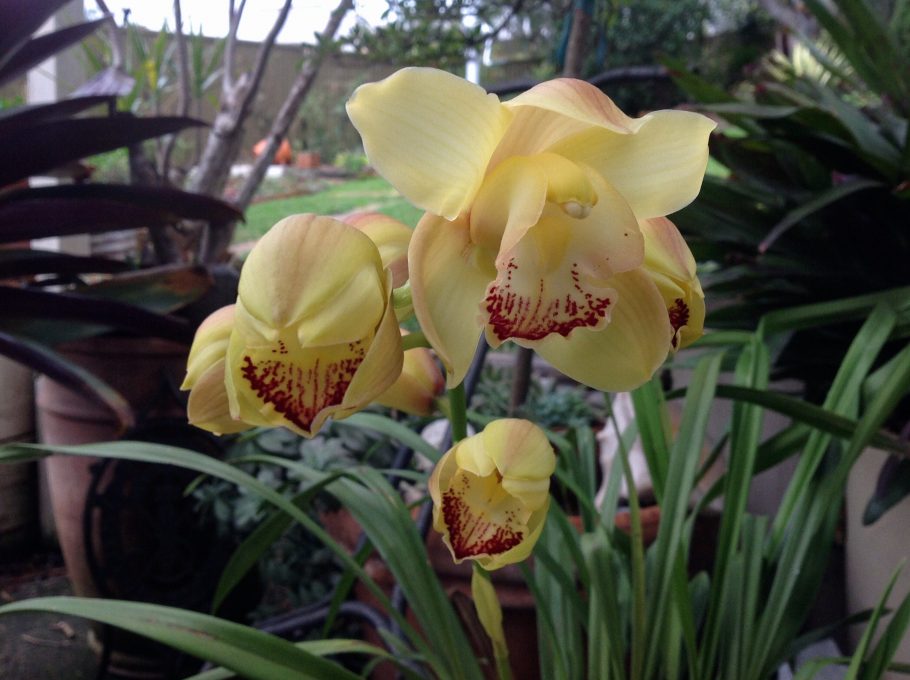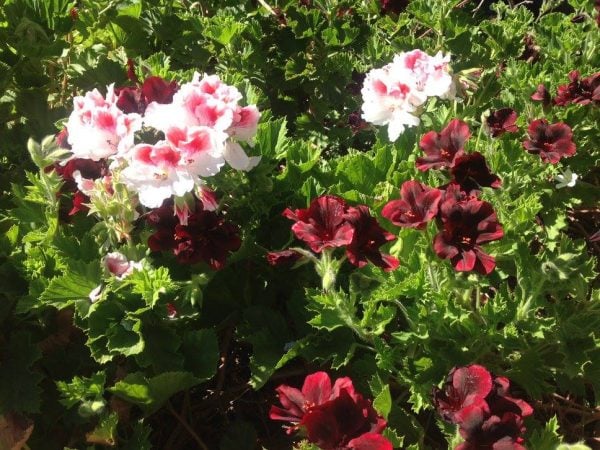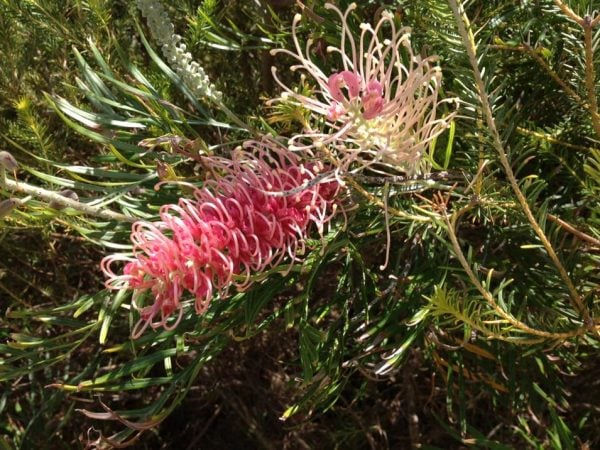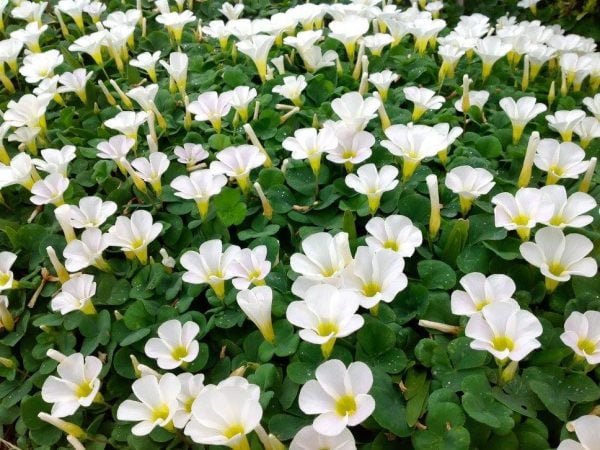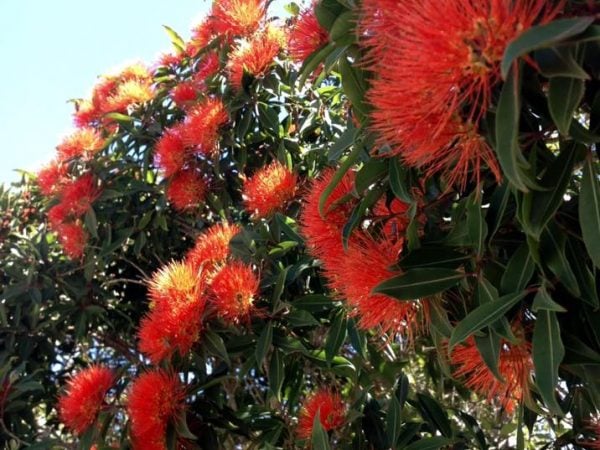Remember these tips are a guide only. Your individual situation may require professional help.
July: Hopefully we will been blessed with winter rains. People say that I must hate the rain as a gardener trying to do his work and I laugh at them. By now, it may only just starting to really cool down for us. But when that sun comes out it’s worth the wait and after all, the cold weather doesn’t last too long here. In no time at all we will have spring flowers.
Winter can be a very enjoyable and colourful affair for gardens, provided you have the appropriate plants. Camellias are absolutely magnificent now. Jonquils, in some places Daffodils, Snowdrops and other winter & spring bulbs are flowering.
A number of annuals such as Pansies, if planted earlier, are filling gardens with colour. Keep these moving with liquid fertiliser.
Certain Azaleas and Grevilleas are in bloom to varying degrees, along with Banksias and magnificent flowering gums. Then there are Cyclamen, Bromeliads, Bergenias (one of my favorites, commonly called Pigsqueaks) and many others. The colourful foliage of numerous plants is another dimension.
One persistent Pelargonium, interwoven in our cyclone wire fence is provides a splash of pink colour as it enjoys the morning sun. It looks great in combination with our creamy yellow flowering thornless native rose when it also blooms. Oranges and lemons will be producing, so those who have these can enjoy their contribution to the cool weather spectrum. Thai chillies will also be loaded with super bright red produce. So winter is certainly not a dull time in the garden.
Make it a habit to walk around and poke about in your gardens all year round on a daily basis if possible. Eternal vigilance is one of the major keys to gardening. There is hopefully plenty of ground moisture now in our district, which is great for plants and also the weeds. So don’t over water garden areas and lawns which if they are already moist. Otherwise, water regularly but carefully, preferably in the mornings. Remember to shove a trowel in and monitor the need for water. However, be aware of areas which may not have taken in much water or which dry out easily.
Garden mulch should be topped up if needed to maintain moisture, soil warmth and reduce shallow rooted weeds. Noxious bulbous weeds, such as onion weed and Oxalis should also be kept under control by careful removal (so as not to disperse tiny side bulbs) or by spraying with glyphosate based sprays (follow label directions). Beware of snails and slugs which thrive in moist environments. The tiny snails are hard to see and will often defoliate plants before you realise. Check the underside of leaves. Use snail bait and hand removal (squashing). Check for snails hiding under the rims of pots and try to remove unnecessary hiding places around the garden. There is child/lizard/pet friendly snail bait available, though it dissolves quickly. The more toxic ones last longer but caution should be used so that your pets don’t eat them.
As a general rule, keep outdoor pot plants slightly moist but not too wet at this time, especially while it is so chilly. If you use water crystals in your potting mix (don’t overdo this) it will help to prevent the mixture drying out. You can also place mulches around some potted plants. Because it is cold and damp outdoors, it is easy to forget about and neglect them.
A lot of herbs will not be in season now and will have to wait for spring. You can keep some lettuce growing in containers in warm sunny spots away from snails. Encourage them (not the snails!) with liquid fertiliser.
Don’t mow lawns too low. Look at Camellias at the nursery while they are in flower to decide which ones you may want. Be mindful of their eventual size. They make excellent container specimens.
Prune roses and treat with lime Sulphur 20ml/litre to combat pests. Also remove wild rose rootstock suckers growing from the roots as they appear. I have an illustrated guide to pruning of roses from The NEWS CHRONICLE – Home Gardening book (1940’s UK) which belonged to my English grandmother, Evelyn Smart. She would be horrified to find out that I often use a power hedge trimmer to prune standard Iceberg roses.
If your soil is workable, add well aged cow manure and a sprinkling of blood and bone to help condition your soil prior to spring. Even a layer of cow manure on top of the soil, covered with mulch will improve the soil.

